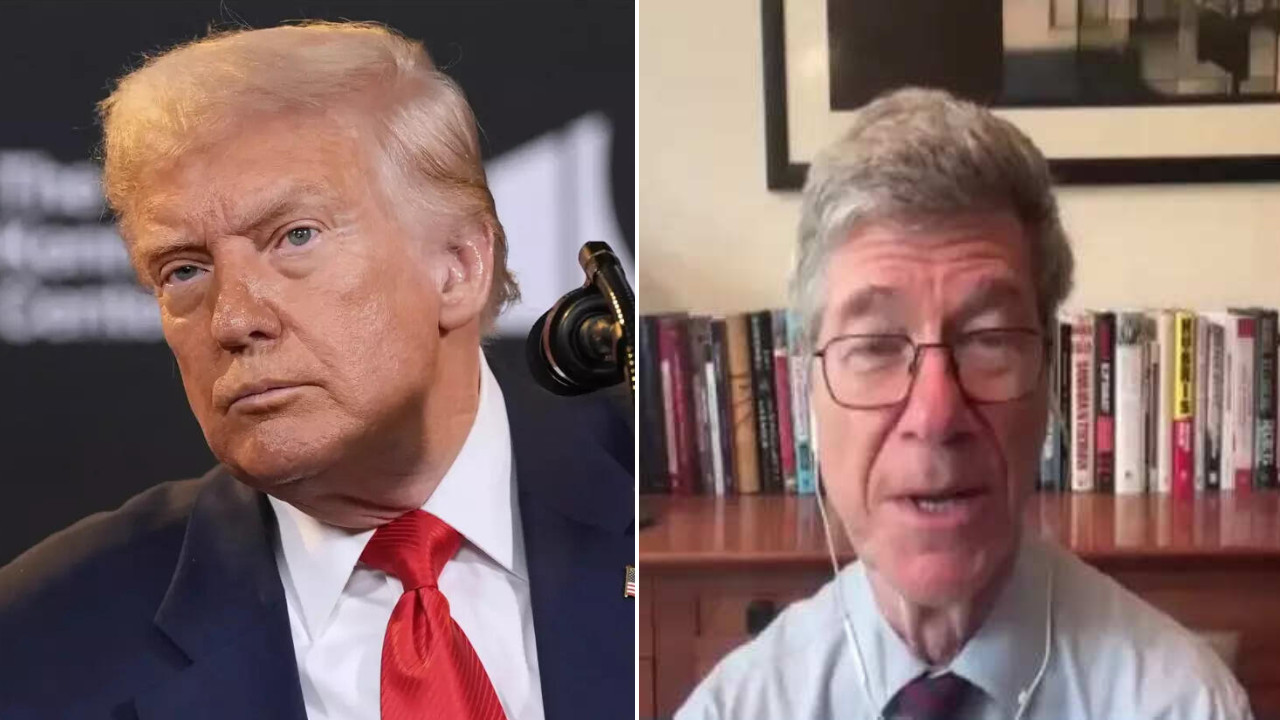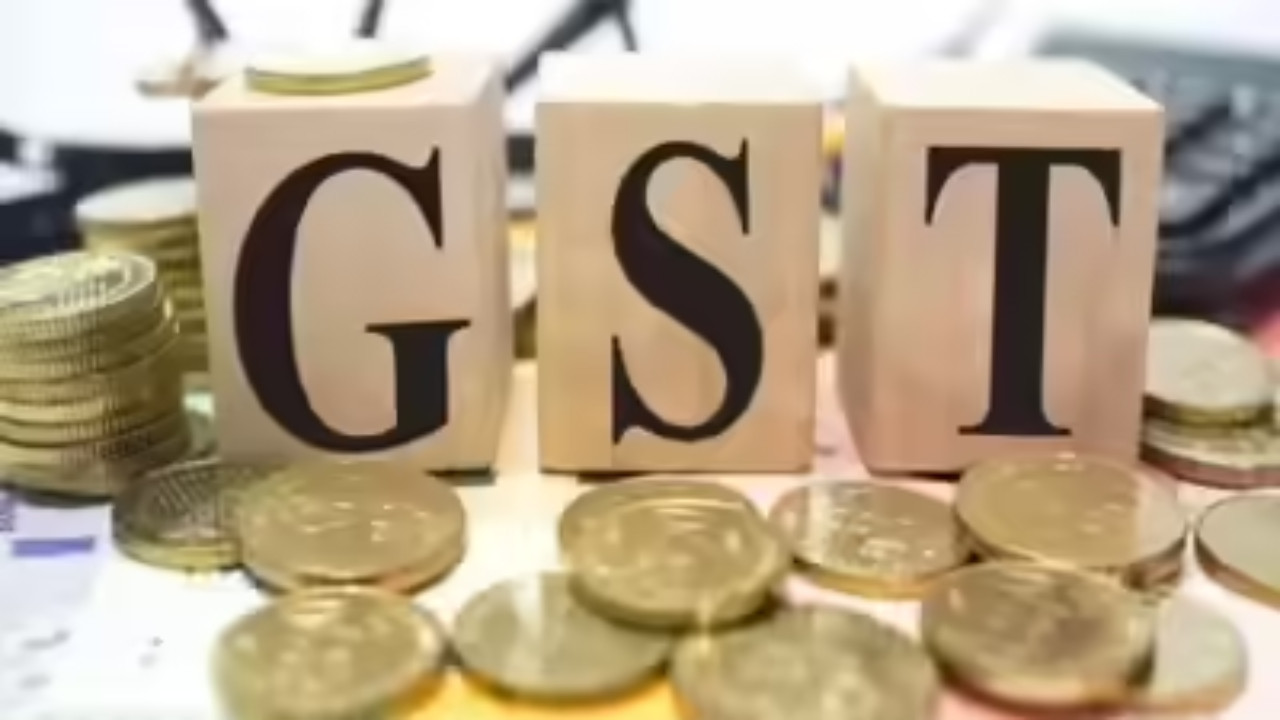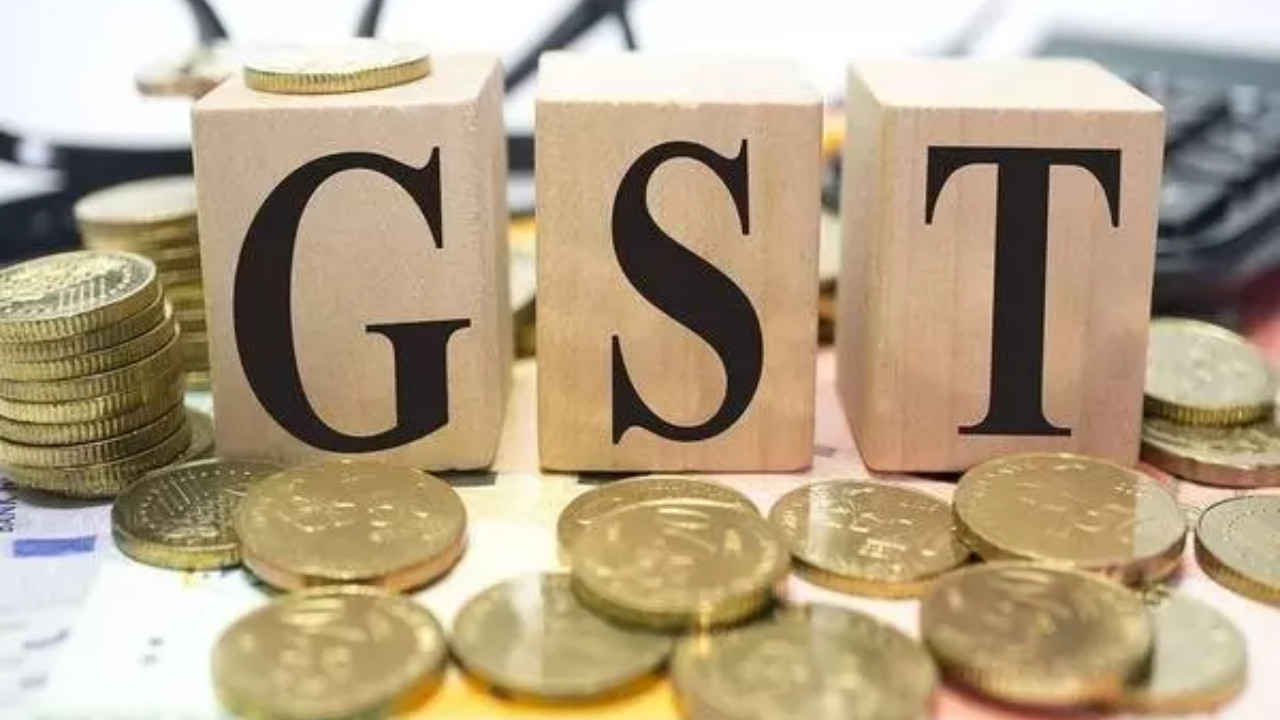Economist Jeffrey Sachs criticizes Donald Trump’s tariff policies as detrimental to the US economy and a violation of international law, warning of potential legal challenges and geopolitical isolation. Sachs suggests Trump’s actions stem from a desire to dominate other nations, particularly BRICS countries, and a flawed approach to the Russia-Ukraine conflict.
Navigating the Tariff Terrain: An Honest Look at US-India Trade
Trade winds between the United States and India have been, shall we say, a bit gusty lately. Tariffs, those taxes slapped on imported goods, have become a significant point of contention. But what’s the real story behind them, and where are we headed? One prominent economist, Jeffrey Sachs, isn’t mincing words, calling some of the US tariffs “stupid.” Let’s unpack what’s happening and what it means for both nations.
Trump-Era Tariffs: A Legacy of Discontent
The tariffs in question largely originated during the Trump administration, stemming from the view that certain trade practices were unfair to the US. These targeted a range of Indian products, impacting sectors from steel and aluminum to specific agricultural goods. The aim, ostensibly, was to level the playing field and encourage India to alter its trade policies. However, the impact has been complex, creating ripples throughout both economies.

Sachs’ Blunt Assessment: “Stupid” Isn’t Just a Word
Jeffrey Sachs, a well-respected economist, didn’t hold back when discussing these tariffs. He believes that some of them are, in fact, detrimental to the US itself. His reasoning is straightforward: tariffs ultimately raise costs for American consumers and businesses, potentially hindering economic growth. Furthermore, they can strain diplomatic relations, making it harder to address other crucial issues between the two countries. Sachs isn’t alone in his assessment. Many economists argue that tariffs, while sometimes used as bargaining chips, often lead to unintended consequences and economic inefficiencies.
India’s Response: Finding Its Footing
India hasn’t taken these tariffs lying down. While diplomatic efforts have been ongoing to resolve the disputes, India has also implemented retaliatory tariffs on certain US goods. This tit-for-tat approach, while understandable, risks escalating the trade tensions and creating a lose-lose scenario for both nations. The key challenge for India is to navigate this complex landscape while safeguarding its economic interests and fostering a constructive dialogue with the US. This might involve exploring alternative trade partnerships and strengthening its domestic manufacturing capabilities.
The Bigger Picture: Beyond Tariffs
The tariff debate is really just a symptom of a larger, more complex relationship. The US and India are two of the world’s largest democracies and possess a rapidly growing strategic partnership with deep cultural and economic ties. However, these factors do not remove the challenges. Beyond the tariff dispute, both countries have shared interests in areas such as counter-terrorism, climate change, and regional security. Finding common ground on these issues could create a more conducive atmosphere for resolving trade disputes.
Looking Ahead: Charting a New Course on Trade
So, what’s the path forward? The solution likely lies in a combination of negotiation, compromise, and a willingness to see the bigger picture. Rather than engaging in a prolonged tariff war, both countries could benefit from focusing on mutually beneficial trade agreements that promote fair competition and sustainable economic growth. This could involve addressing specific concerns about market access, intellectual property protection, and regulatory transparency. Explore more on international economic policy and its global impact here.
Decoding Trade Winds: The Future of US Tariffs on India
The future of US tariffs on India hinges on the willingness of both nations to engage in constructive dialogue and find common ground. While the current situation presents challenges, it also offers an opportunity to strengthen the overall relationship and forge a path towards a more balanced and prosperous future. Jeffrey Sachs’ comments serve as a wake-up call, reminding us that tariffs are not a simple solution and that a more nuanced and collaborative approach is needed. Ultimately, the success of the US-India trade relationship will depend on the ability of both countries to prioritize long-term economic benefits and foster a spirit of cooperation.







